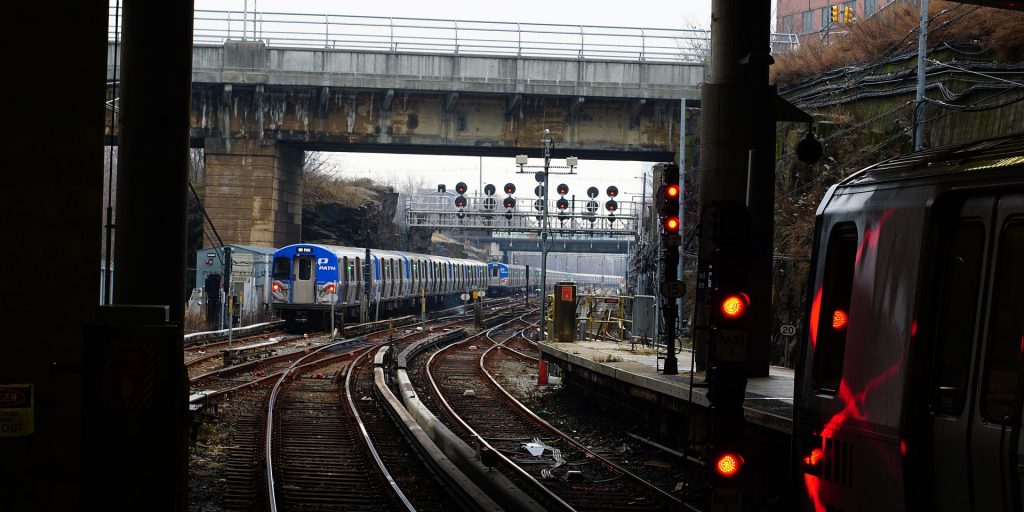Philanthropic group to launch assistance portal for local admins navigating federal bureaucracy
A joint venture announced Tuesday by a group of philanthropic organizations—in collaboration with the U.S. Conference of Mayors, the National League of Cities (NLC) and Results for America—seeks to help small and mid-sized communities secure their piece of the $550 billion in funding available for local governments navigating federal bureaucracy. The digital portal will launch July 1.
“Six months after Pres. (Joe) Biden signed the more than $1 trillion bipartisan Infrastructure Investment and Jobs Act, local governments are eligible for billions of dollars in funding to support projects that range from transforming ports and parks to expanding rural broadband and help tackle challenges like climate change and racial wealth inequity,” reads a statement issued by the group. “The Local Infrastructure Hub brings together leading experts in policy and innovation in a program that includes information, resources, and technical assistance to help cities access this once-in-a-lifetime funding opportunity.”
The hub is being created through a $50 million investment led by Bloomberg Philanthropies, in collaboration with Emerson Collective, Ford Foundation and The Kresge Foundation. The portal will be created and overseen by the U.S. Conference of Mayors, NLC and Results for America, a national organization that aims to aid all levels of government by leveraging data and evidence-based practices. NLC will provide technical expertise in the endeavor, “to help small towns and mid-size cities develop strong applications that are grounded in data, feature detailed project plans, and include relevant policy objectives.” In that way, it’s an expansion of an ongoing program supporting communities NLC is currently overseeing alongside The Joyce Foundation and Doris Duke Charitable Foundation.
“We worked incredibly hard to get the bipartisan infrastructure law passed, and now we want to do everything we can to help cities, towns, and villages across the country take advantage of the funds,” said Clarence Anthony, NLC’s CEO and executive director. “Local leaders know the infrastructure needs of their communities better than anyone, and the Local Infrastructure Hub is going to be critical to ensuring these needs get met. This effort is going to directly benefit the lives of millions of people.”
Advertised as a “first-of-its-kind” initiative, the hub is intended to provide clarity and direction for local administrators trying to understand complicated application processes. To that end, it’s designed to address two primary barriers: “First, the hub will help local leaders navigate and understand the large quantities of information from the federal government on the nearly 400 funding opportunities available. And second, it will help cities and towns develop competitive funding applications that are most likely to be awarded federal grants,” the statement says.
Looking ahead, the mayoral conference and Results for America will host a series of webinars this summer to guide administrators through the process, helping them identify grant opportunities that align with their community’s needs. They’ll also be focused on educating about application criteria and timeframes, understanding federal bureaucracy, and learning about infrastructure innovations and emerging best practices.
Other partners that will join the effort to provide expertise and advice in the future include the Urban Sustainability Directors Network, National Association of City Transportation Officials, African American Mayors Association and the National Urban League. At its core, the joint initiative recognizes a need to equip local administrators with knowledge and expertise necessary to navigate the federal government’s bureaucracy.
“Cities are on the frontlines of some of the most pressing challenges facing families across the country—challenges that the Bipartisan Infrastructure Law will allow mayors to better address by modernizing our roads and bridges, improving our energy and water infrastructure, developing clean energy technology and providing Americans with a broadband connection,” said Tom Cochran, CEO and executive director of The United States Conference of Mayors. “The Local Infrastructure Hub will help mayors successfully access and leverage these critical resources.”




















